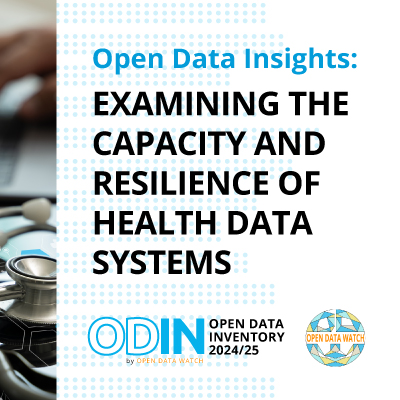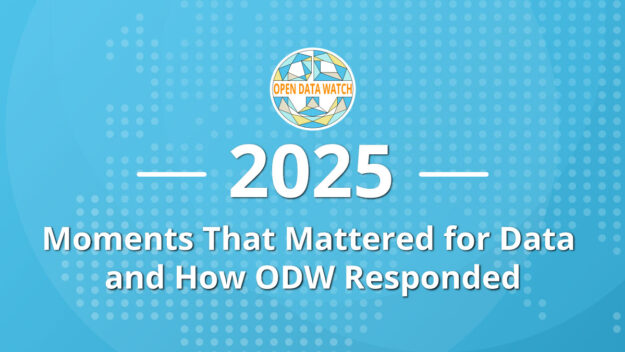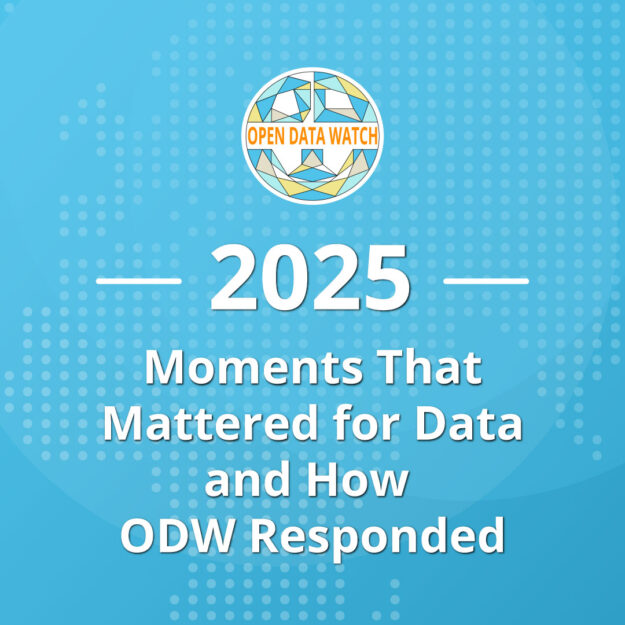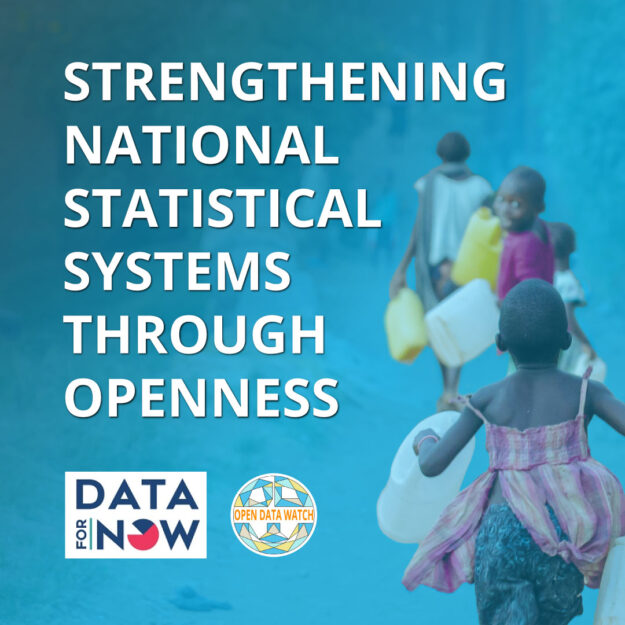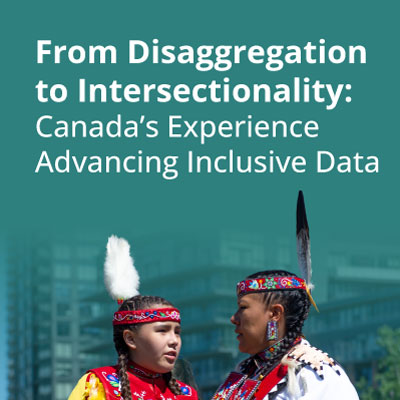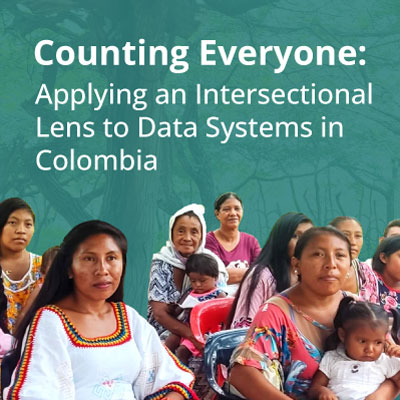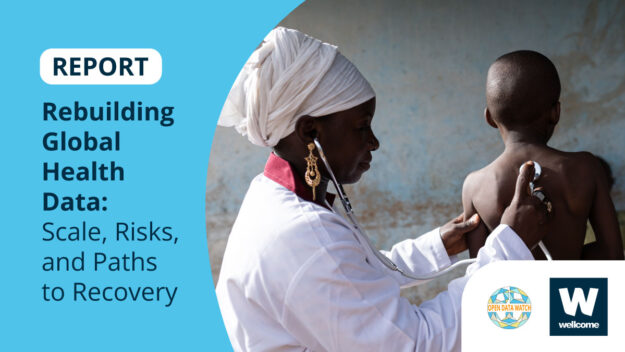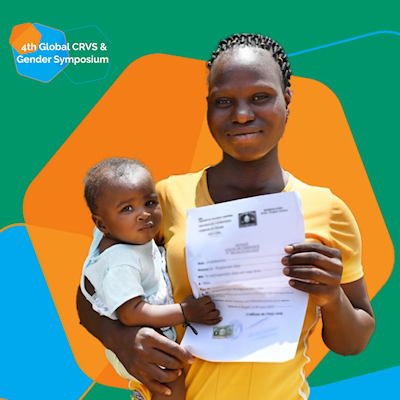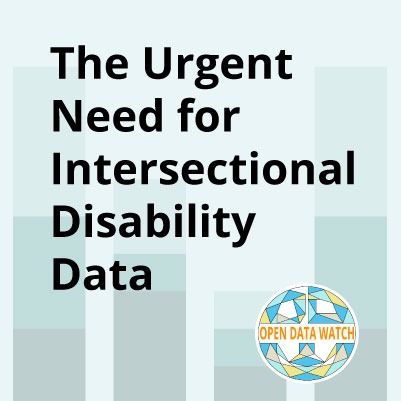Open Data Watch is an international non-profit, non-governmental organization that works at the intersection of open data and official statistics. It monitors the accessibility and comprehensiveness of official data in over 180 countries and provides practical information and assistance in implementing open data policies and systems. The Open Data Watch team has unparalleled experience in development data and is committed to making open data a global reality in support of Sustainable Development Goals.
Drawing on findings from ODIN, the Open Data Insights Series explores key topics in greater depth. This brief examines the fragile foundations of global health data systems that were under strain even before the abrupt financial reductions in early 2025.
For the development data community, 2025 was a defining year, marked by disruption and reinvention, major funding cuts, political shifts, and unprecedented strains on data systems just when demand for data reached all-time highs.
For the development data community, 2025 was a defining year, marked by disruption and reinvention, major funding cuts, political shifts, and unprecedented strains on data systems just when demand for data reached all-time highs.
In the fast changing global data environment, the need to integrate and provide access to official and new data sources makes open data principles and practices more important than ever. Modules from recent expert workshops provide practical guidance on how to strengthen national statistical systems through openness.
A new PRESS report lands at a critical moment, shining light on who finances data and statistics, on dangerous concentrations and promising opportunities, on gaps between commitments and disbursements, and on ways to bolster evidence-based advocacy for sustainable financing.
Reviewing official documents and public resources, this case study examines how Canada integrates intersectionality into its national data system, institutional frameworks and initiatives.
Based on desk reviews and interviews with national statistics officers, this case study examines seven dimensions of Colombia successfully incorporating intersectionality data as a national priority.
This major analytical report examines not only the diverse global impacts of the abrupt withdrawal of development assistance in early 2025, triggering a systemic shock to global health data systems, but also paths to recovery.
The 4th Global CRVS and Gender Symposium discussed how inclusive and gender-responsive CRVS systems can drive equitable development outcomes. In light of country experiences, participants underscored the importance of continued collaboration to secure long-term, gender-responsive financing for CRVS.
Intersectional disability data reveals how overlapping identities—such as disability, gender, and income—shape lived experiences and expose who is most at risk of being left behind. When communities lead the data process, it can drive more inclusive policies with lasting impact.


